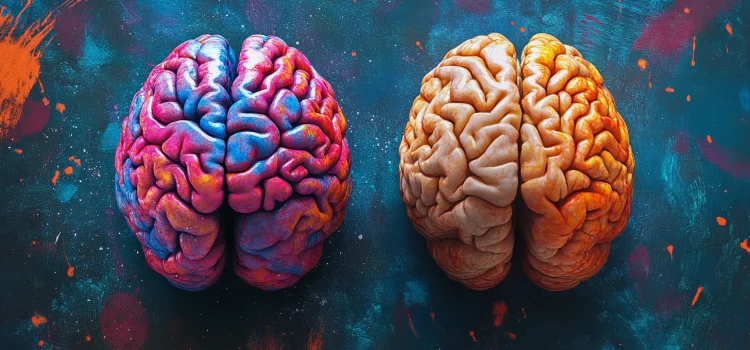What drives someone to stay in a relationship filled with fear and violence? How can a person transform from a military serviceman into someone capable of systematic abuse? B.B. Easton’s memoir 44 Chapters About 4 Men delves into her tumultuous relationship with Knight, a man whose journey took him from military service to becoming an abuser. Her raw account reveals the complex psychology of abuse and the gradual erosion of personal boundaries. Keep reading to discover how B.B. Easton’s Knight transformed from a seemingly ordinary man into someone who would leave psychological scars on his partner.
B.B. Easton & Knight (44 Chapters About 4 Men)










